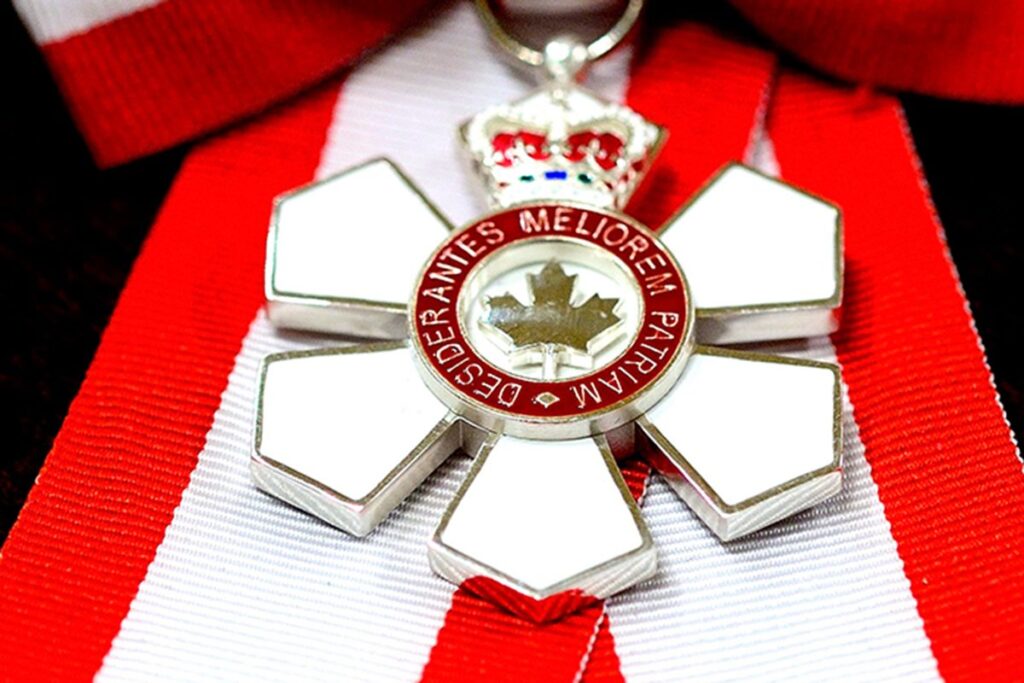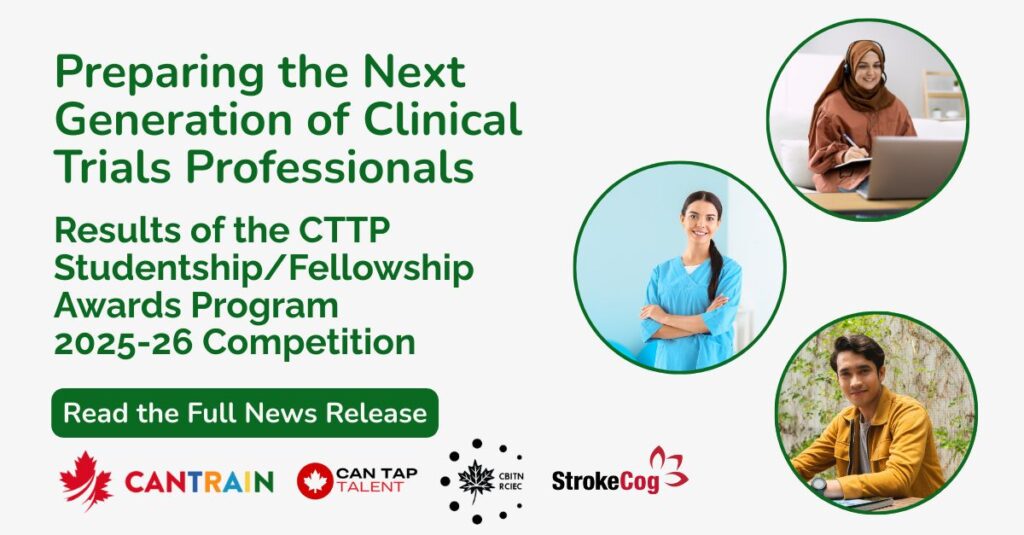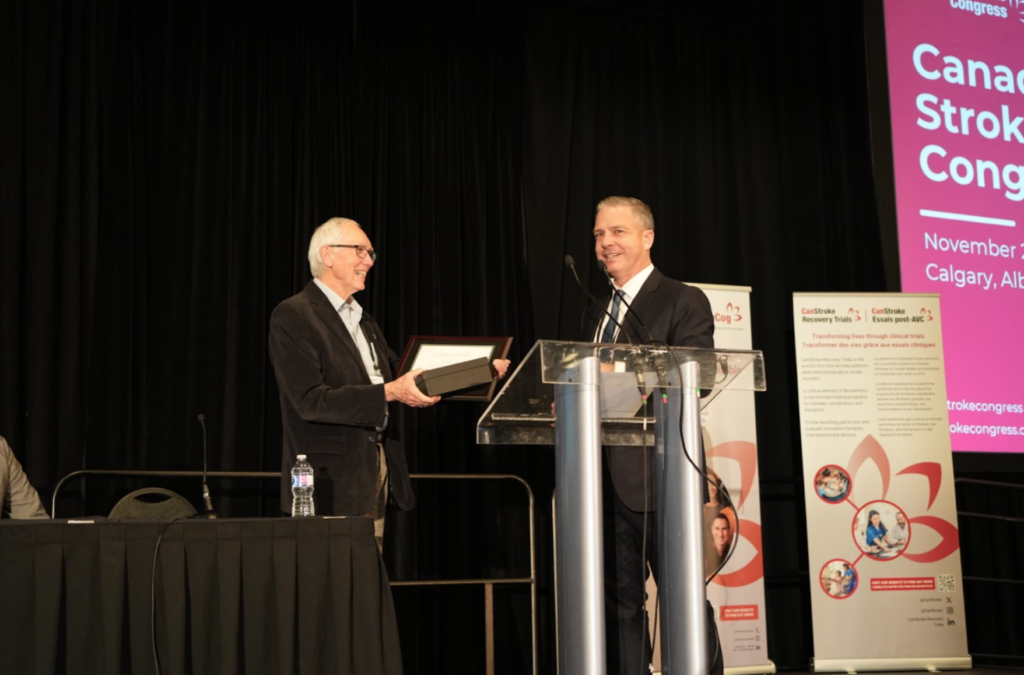Improved clinical care and outcomes

Launching pad to test innovative interventions

Multidisciplinary research leadership in large-scale trials



“[We are able to] conduct multi-centre clinical trials which are going to bring new technology and new therapies to patients who have had a stroke and try to help them recover better from Vancouver to St. John’s”
Dr. Sean Dukelow, University of Calgary
Our Mission
Transforming lives through clinical trials.
CanStroke is poised to help take the numerous innovations in stroke recovery from ideas to reality, transforming outcomes for the millions world-wide affected by stroke.
Harmonized training programs for coordinators and therapists
Standardized outcome measures
Procedures for data collection and management
Communication mechanisms to share best practices and lessons learned
World-leading Platform for Stroke Recovery Trials
8
Provinces
12
Established sites
15
Expansion sites
9
Clinical Trials










































